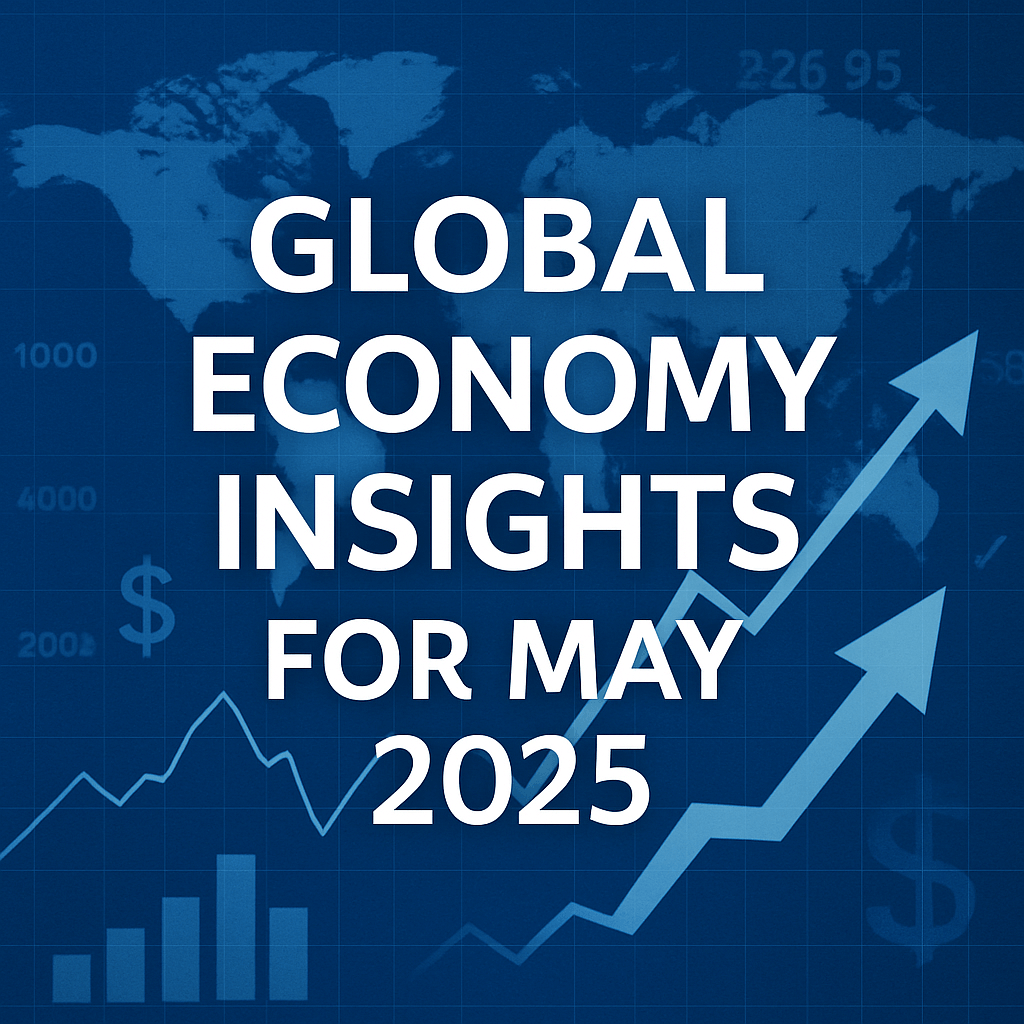Global Economy Insights for May 2025

This article delves into the economic risks posed by global warming, examines how climate action frameworks are adapting to shifting geopolitical landscapes, and explores the market implications surrounding the UK general election.
The Economic Risks of Global Warming
A report from the Intergovernmental Panel on Climate Change (IPCC) emphasizes that the repercussions of climate change extend beyond environmental concerns; they significantly impact global financial systems. Rising sea levels and extreme weather events are projected to inflict considerable damage on global agriculture, infrastructure, and insurance sectors, potentially resulting in losses amounting to trillions of dollars.
- The agricultural sector is expected to face increased volatility, with crop yields falling by as much as 30% in some regions by 2050 due to heat stress and changes in precipitation patterns.
- Financial markets face heightened risks as investors may begin to price in climate-related risks, leading to increased volatility in sectors heavily reliant on natural resources.
- Insurance costs may rise as companies reevaluate risk assessments and adjust premiums to account for the frequency and severity of climate-related events.
Climate Action amid Geopolitical Changes
Climate action frameworks are increasingly intersecting with geopolitical developments, influencing policy decisions and international collaborations. Recent tensions owing to energy supply chains, particularly in Europe and Asia, underscore the need for diversified energy sources and sustainable practices.
- Energy Transition: Countries are seeking to shift towards renewable energy to limit dependence on fossil fuels. The European Union’s Green Deal is an exemplary strategic framework aimed at achieving net-zero emissions by 2050, influencing global investment trends.
- Investment in Innovation: Recent investments are noted in technologies such as carbon capture and storage (CCS) and renewable energy generation. According to a report by the International Energy Agency (IEA), global investment in renewables is projected to reach $4 trillion annually by 2030, highlighting a significant shift towards more sustainable economic practices.
The Market Implications of the UK General Election
The dynamics of the UK general election scheduled for late 2025 have significant implications for market sentiment and investor confidence. Key party platforms focus on economic recovery post-pandemic, with particular attention to fiscal policies that respond to climate change. Market analysts have highlighted various sectors that may be affected:
- Renewable Energy: Political support for green technologies may lead to substantial funding and market growth in this sector.
- Consumer Goods: Shifts in taxation and regulation could affect consumer spending, directly influencing retail sales figures.
- Construction and Infrastructure: Proposed public spending on infrastructure to boost green jobs could influence the profitability of companies in this sector.
Broader Economic Trends
In addition to the direct impacts of climate action and elections, broader trends are noteworthy. The adoption of AI technologies is reshaping various sectors, offering efficiencies but also demands for workforce transformation. Microsoft and Google continue to lead the charge in integrating AI solutions into everyday business practices, with expected increased productivity translating into economic growth.
Conclusion
As we analyze the global economy in May 2025, it is evident that intertwining factors of climate change, geopolitical shifts, and market dynamics are setting the stage for an intricate economic landscape. Investors must remain vigilant and adaptable to navigate through the evolving challenges and opportunities.
As noted by leading economists, understanding the multifaceted implications of climate risk and geopolitical factors is crucial for stakeholders across the global marketplace.